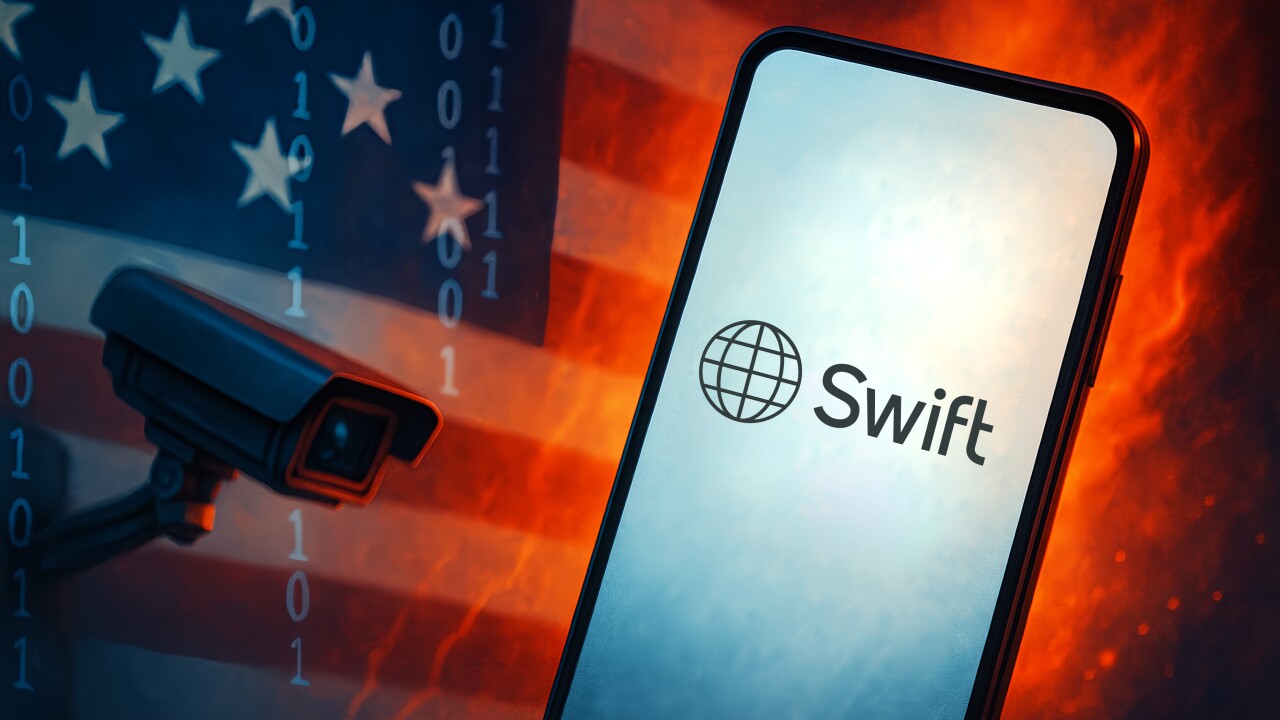The prepaid card marketer Springbok Services Inc. has developed a virtual product that can encourage consumers to participate in online surveys and other promotions.
Springbok said the appeal of its EZSpend virtual prepaid card is that it can be used online, which is where most people will earn them. Companies could also offer the cards as an incentive for employees who complete surveys for such things as health and wellness programs.
Some observers said the product is aimed at a narrow niche where consumer incentives are already in place.
The EZSpend "incentive is received in the exact same manner in which they took the action with that merchant," such as an online survey, Mike Ross, Springbok's senior vice president of product development, said in an interview this month.
"That's a very important distinction when you talk about the virtual card."
But such products have some downsides, according to industry analysts.
William H. McCracken, the chief executive of Synergistics Research, of Atlanta, said the virtual product is a good fit for online promotions — "survey participants come to mind very quickly," he said — but he did not think it would be an effective workplace incentive because at many companies "the HR department usually has a supply of plastic cards."
And MarketTools Inc., a San Francisco, online market research company, advises companies against using monetary incentives for consumer research because "money skews the conversation," according to Amy Millard, the company's vice president of marketing for panels and communities.
"Instead of finding a consumer who is interested in the category" a company is surveying, "you find those who are interested only in the" monetary incentive, Millard said.
The EZSpend product, which Springbok introduced last month, looks and works like a standard prepaid card, with a major exception: People can used them only to make purchases online or by telephone.
Typically, survey participants get an e-mail that includes a link to the virtual prepaid card after the survey is completed, Ross said. The link takes participants to a Web page that displays the card's front and back.
Companies can customize the cards with any images or designs they want and can include the recipient's full name, corporate logos and "whatever message the company is trying to get across," Ross said.
The card's front features the network brand, Visa Inc. or MasterCard Inc., and the back includes the CVC number. "The card is presented to you on screen just like a regular prepaid debit card," Ross said.
MetaBank, a Storm Lake, Iowa, unit of Meta Financial Group Inc., issues the cards, and Springbok, a Denver company, processes the transactions.
Companies can determine whether the card is single-value or reloadable. "The company can say, 'This is your first load, and if you do this next thing, we can load another $20 onto the card,' " Ross said.
The virtual card carries no fees, he said, "We do not want to charge consumers a fee because it's a reward or incentive." All fees that cover the cost of the program "are charged to the Springbok's corporate client that is using this tool," Ross said.
Springbok has no plan to extend EZSpend beyond an incentive use, he said. But the company does "have the capabilities to change our business model a little bit in the consumer environment," he added.
If that does happen, EZSpend may be moving a step in the right direction to help prepaid card issuers and merchants issue instant rewards to consumers, McCracken said.
Stuart Kiefer, the vice president of loyalty marketing solutions at Kohlberg Kravis Roberts & Co.'s First Data Corp. unit, said that retailers are looking for more advanced systems to help them better track customer behavior at the point of sale and issue instant rewards based on certain purchases.
Sending e-mail to customers' mobile phones could accomplish this, he said.
Since the EZSpend card can be accessed by e-mail, it could potentially also be accessible through a mobile phone with advanced messaging capabilites and a Web browser, McCracken said.
The virtual prepaid product "is probably in the same genre of innovation of how to give a consumer an instant rebate or an instant coupon" when they make a purchase.





